Fumigation Timing in Albuquerque
Fumigation services are most effective when scheduled during specific times of the year to control pest populations effectively. In Albuquerque, the optimal periods are during the late spring and early fall when pest activity peaks. These seasons allow for comprehensive pest eradication before infestations become severe.
Spring is ideal for fumigation as pests begin to emerge and reproduce. Early treatment helps prevent infestations from establishing.
Fall treatments target pests preparing for winter, reducing overwintering populations and protecting stored goods.
Pre-construction fumigation is recommended before building or renovation projects to eliminate soil pests and prevent future infestations.
Post-construction fumigation addresses pests that may have entered during building phases, ensuring a pest-free environment.
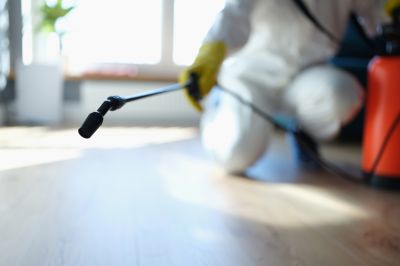
Specialized equipment used during fumigation ensures thorough pest eradication.
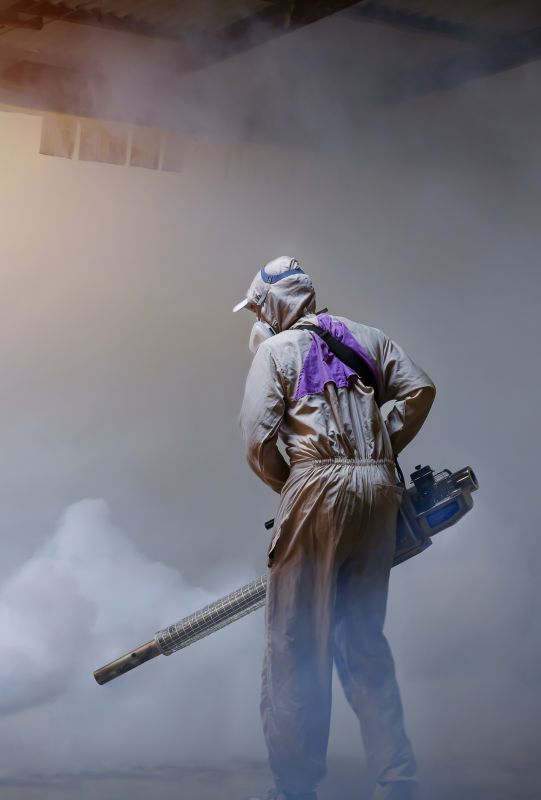
Technicians preparing for a fumigation treatment in Albuquerque.
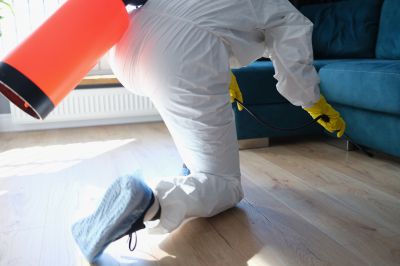
Sealing a structure to contain fumigants during treatment.

Inspecting a property after fumigation to ensure pest elimination.
| Season | Recommended Fumigation Timing |
|---|---|
| Spring | Late March to early June |
| Summer | June to August (for ongoing pest control) |
| Fall | September to November |
| Winter | Limited, but possible for indoor pest control |
Fumigation services are a vital component of pest management, especially in regions like Albuquerque where pests such as termites, beetles, and stored product pests pose significant risks. Proper timing ensures maximum effectiveness and minimizes the potential for infestations to spread. Studies indicate that scheduling fumigation during peak pest activity months results in a reduction of pest populations by over 90 percent.
Effective fumigation involves carefully selecting the right time, using appropriate chemicals, and following safety protocols. Regular treatments during the optimal seasons can prevent costly damages and health issues associated with pest infestations. The process typically includes sealing the structure, releasing fumigants, and conducting post-treatment ventilation and inspection.
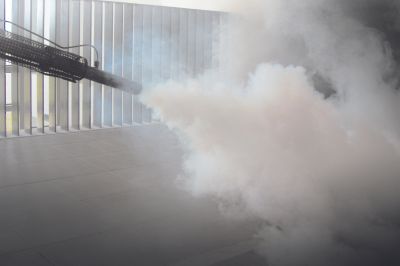
A technician conducting fumigation in a commercial property.
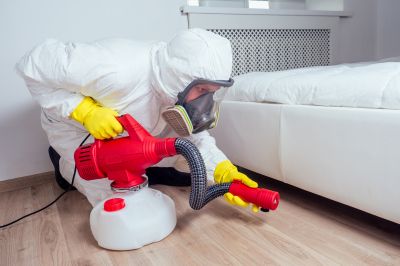
Pre-treatment assessment to identify pest hotspots.
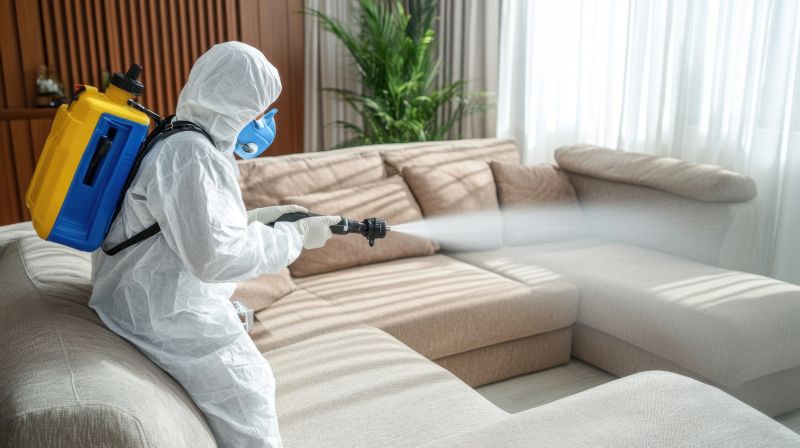
Preparing equipment for effective pest eradication.
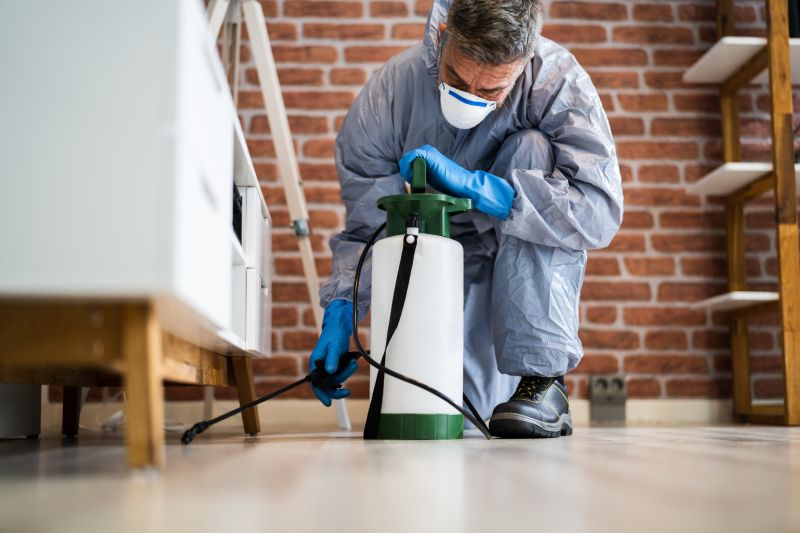
Ensuring safety measures after treatment completion.
Individuals interested in scheduling fumigation services are encouraged to contact for more information. Proper timing and professional treatment can significantly reduce pest-related issues, safeguarding property and health. Consulting with a pest control specialist can help determine the best schedule tailored to specific needs.
